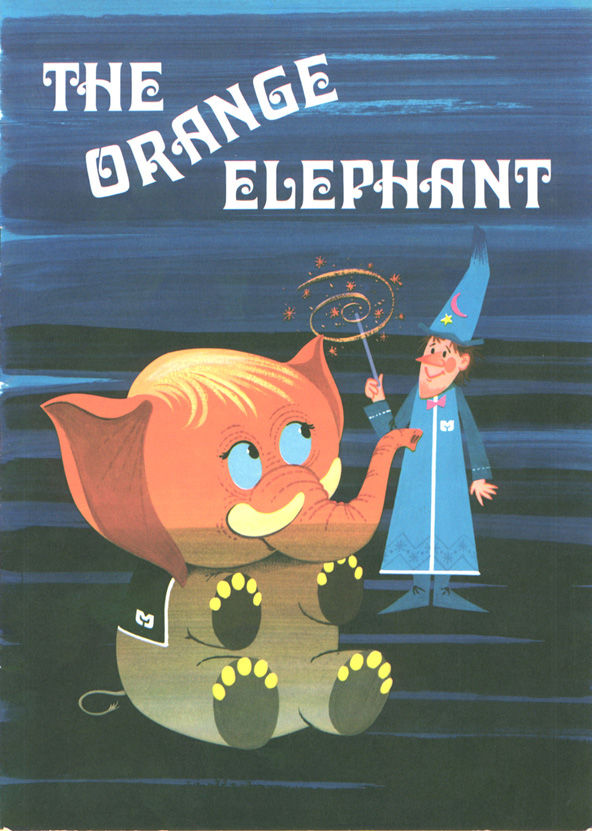Mantel Brothers Ltd. (pronounced “MAN-till”) had so dominated the South African market for Sweden’s HIAB truck-loader cranes that over time the HIAB name became generic, displacing “Mantel” in the same way that “Kleenex” has displaced “Kimberly-Clark.”
Mining. Construction. Infrastructure. Farming. The market for these things is huge.
Unexpectedly and suddenly, Mantel lost the HIAB franchise and with it, the market. During the months that Mantel spent casting about for a replacement franchise, six other major players – among them two international giants – entered the market and began to gobble up share.
Mantel finally acquired the franchise for Weyhauser Atlas cranes from Germany, and turned to us for marketing help.
To sidestep a repeat of the generic-name nightmare with these new cranes, and to reinforce a sturdy African flavor, we renamed this new crane the Mantel Elephant and changed its color from yellow to orange.
The task we had was not only to dissolve the long-established link between “truck crane” and HIAB, but create an equally vibrant new link with ” Mantel Elephant.”
We created a campaign that today might be called “false flag.” To a database of fleet managers in the heavy industries, we sent a letter from a fictitious Indian company advising the recipient that the pack elephant they had ordered was on its way. There was no indication that this was connected in any way with Mantel Brothers.
Two days later, from the same fictitious company, they received a shipping advice and pro forma invoice.
Two more days later they received a small pamphlet headlined “Care and Feeding of Elephants.” Here the text was deliberately ambiguous – it could apply as much to a machine as to an animal. As an added fillip we placed a small peanut – shell and all – in the envelope and crushed it, leaving an oily stain, before mailing.
The response was spectacular; way beyond anything we had expected. Hundreds of puzzled letters poured into the return address, which in fact was the mail shop (to divert attention from Mantel). The national press took off with it, questioning – like everybody else – what this was and who it might be from. Most people caught the joke and waited for the other shoe to drop.
The reveal came on the following Monday, when fleet managers received a large envelope containing these items:
- a cover letter from Mantel Brothers Ltd. which explained the purpose of the campaign,
- a heavily illustrated technical sales booklet introducing the Mantel Elephant,
- and a children’s storybook about a mythical Village whose magic elephant lost its power, but who was returned to strength when the village magician draped his “Magic Mantle” over its shoulders, changing its gray color to orange. Now this beloved little creature could once again load any amount of lumber or bricks or boxes into the villagers’ lorries to take to market … for that, of course, was how they made their living.
The idea here was to place the Mantel logo and (fancified) story into the actual homes of decision-makers, where it would be seen and noticed during their leisure hours.
The press, delighted to have the mystery solved, exploded the Mantel name and story across business pages around the country.
Within four months, Mantel had knocked five of its six new competitors completely out of the market. Nationwide, its service network was again up and running. Another four months later, Mantel’s market share exceeded anything it had achieved with HIAB … almost 85 percent.
IRRELEVANT TAKEAWAYS:
There are two takeaways from this campaign I still treasure:
- During its early stages, the flood of mail brought forth a letter from the fleet manager of an international manufacturing company, who simply asked: “Dear Sirs; what the hell are you talking about?? Signed …”
- In the late afternoon of the Monday reveal, a furious gentleman stormed into the Mantel offices and demanded to see the CEO, John Mantel, himself. He said: “You, sir, have landed me in a heap of trouble. You sent me one book, and I have two children. They will make my life miserable unless I have one book for each. Give me another book, and I will order two of your cranes right now.”
Those cranes paid for the entire campaign.


